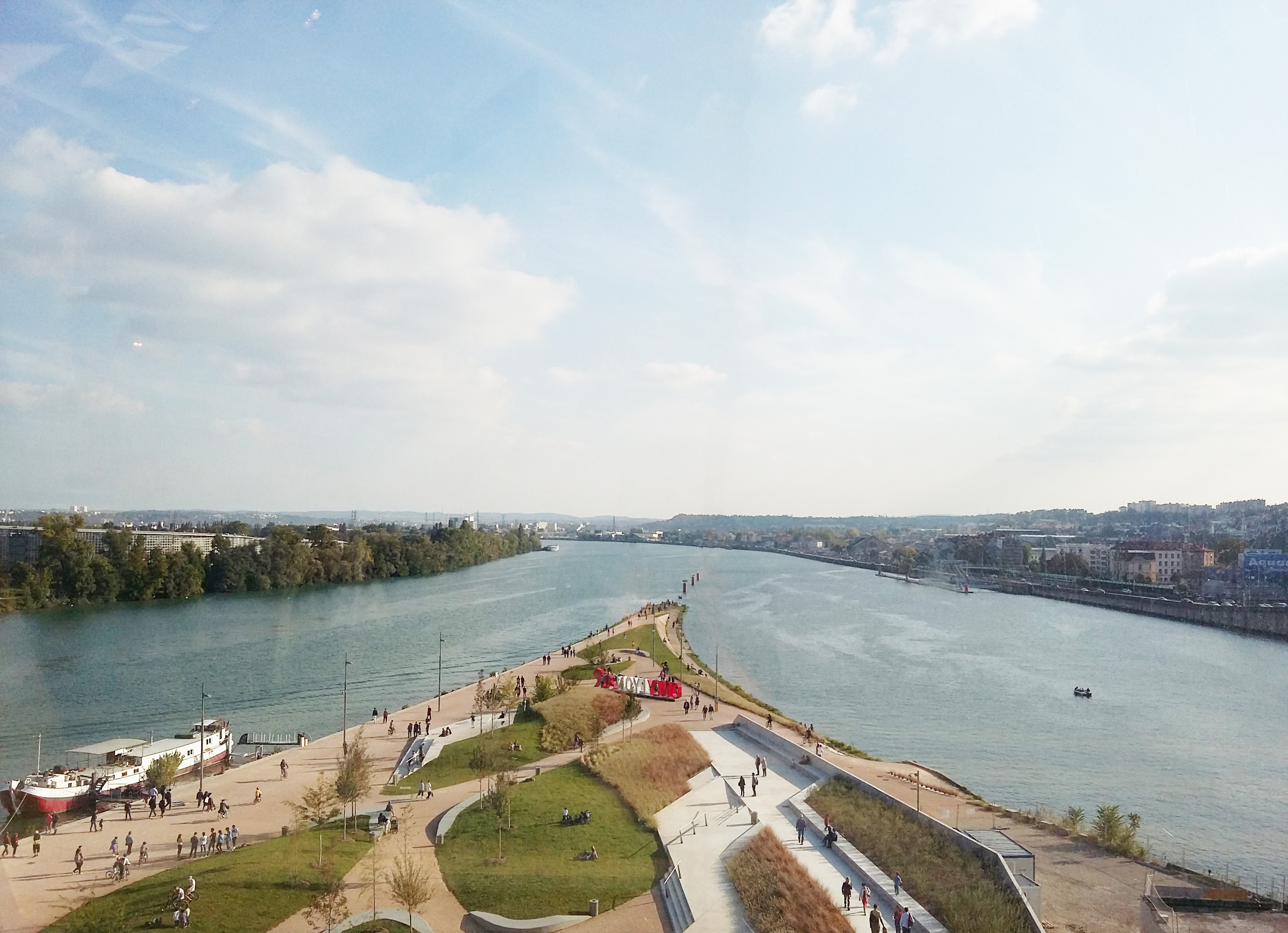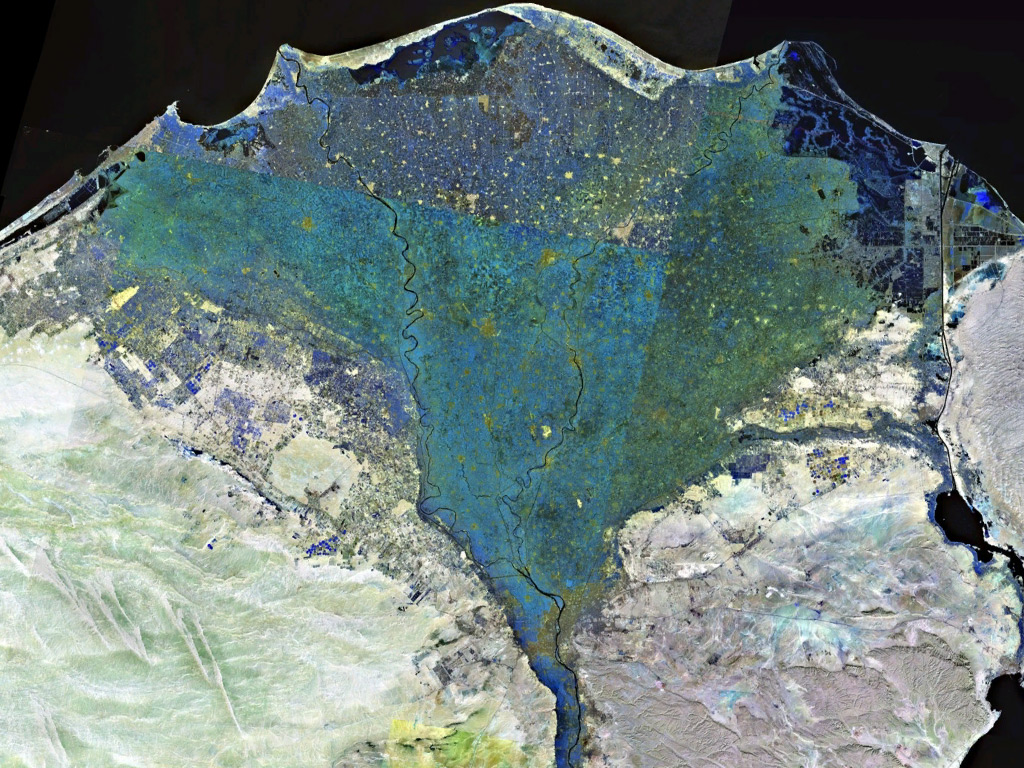|
Jean Yoyotte
Jean Yoyotte (4 August 1927 – 1 July 2009) was a French Egyptologist, a professor of Egyptology at the Collège de France and director of research at the École pratique des hautes études (EPHE). Biography Born in 1927 at Lyon, Yoyotte attended the Lycée Henri-IV where he befriended Serge Sauneron who later became director of the Institut Français d'Archéologie Orientale (IFAO). Later he attended a course at the École du Louvre under the supervision of Jacques Vandier, and later studied at the EPHE. Around 1949, he conducted researches at the Centre national de la recherche scientifique, and in the interval 1952–56 he was in Cairo at the IFAO. In 1964 he became director of research for ancient Egyptian religion at the EPHE, where he was a student a few decades earlier. He participated with other colleagues committed to the left ( Elena Cassin, Maxime Rodinson, Maurice Godelier, Charles Malamoud, André-Georges Haudricourt, Jean-Paul Brisson, Jean Bottéro) in a Marx ... [...More Info...] [...Related Items...] OR: [Wikipedia] [Google] [Baidu] [Amazon] |
Lyon
Lyon (Franco-Provençal: ''Liyon'') is a city in France. It is located at the confluence of the rivers Rhône and Saône, to the northwest of the French Alps, southeast of Paris, north of Marseille, southwest of Geneva, Switzerland, northeast of Saint-Étienne. The City of Lyon is the List of communes in France with over 20,000 inhabitants, third-largest city in France with a population of 522,250 at the Jan. 2021 census within its small municipal territory of , but together with its suburbs and exurbs the Lyon Functional area (France), metropolitan area had a population of 2,308,818 that same year, the second largest in France. Lyon and 58 suburban municipalities have formed since 2015 the Lyon Metropolis, Metropolis of Lyon, a directly elected metropolitan authority now in charge of most urban issues, with a population of 1,424,069 in 2021. Lyon is the Prefectures in France, prefecture of the Auvergne-Rhône-Alpes Regions of France, region and seat of the Departmental co ... [...More Info...] [...Related Items...] OR: [Wikipedia] [Google] [Baidu] [Amazon] |
Jean Bottéro
Jean Bottéro (30 August 1914 – 15 December 2007) was a French historian born in Vallauris. He was a major Assyriologist, a renowned expert on the Ancient Near East and director of the Assyriology Chair at the École pratique des hautes études. He died in Gif-sur-Yvette. Biography He participated with other colleagues committed to the left ( Elena Cassin, Maxime Rodinson, Maurice Godelier, Charles Malamoud, André-Georges Haudricourt, Jean-Paul Brisson, Jean Yoyotte) in a Marxist think tank organised by Jean-Pierre Vernant. This group took on an institutional form with the creation, in 1964, of the ''Centre des recherches comparées sur les sociétés anciennes'', which later became the ''Centre Louis Gernet'', focusing more on the study of ancient Greece. Between 1965 and 1967, together with Elena Cassin and Jean Vercoutter, he was the editor of the three volumes of the (Fischer World History) devoted to the Ancient East. Works *Collab. with Marie-Joseph St ... [...More Info...] [...Related Items...] OR: [Wikipedia] [Google] [Baidu] [Amazon] |
Archaeologists From Lyon
Archaeology or archeology is the study of human activity through the recovery and analysis of material culture. The archaeological record consists of Artifact (archaeology), artifacts, architecture, biofact (archaeology), biofacts or ecofacts, archaeological site, sites, and cultural landscapes. Archaeology can be considered both a social science and a branch of the humanities. It is usually considered an independent academic discipline, but may also be classified as part of anthropology (in North America – the four-field approach), history or geography. The discipline involves Survey (archaeology), surveying, Archaeological excavation, excavation, and eventually Post excavation, analysis of data collected, to learn more about the past. In broad scope, archaeology relies on cross-disciplinary research. Archaeologists study human prehistory and history, from the development of the first stone tools at Lomekwi in East Africa 3.3 million years ago up until recent decades. A ... [...More Info...] [...Related Items...] OR: [Wikipedia] [Google] [Baidu] [Amazon] |
French Egyptologists
French may refer to: * Something of, from, or related to France ** French language, which originated in France ** French people, a nation and ethnic group ** French cuisine, cooking traditions and practices Arts and media * The French (band), a British rock band * "French" (episode), a live-action episode of ''The Super Mario Bros. Super Show!'' * ''Française'' (film), a 2008 film * French Stewart (born 1964), American actor Other uses * French (surname), a surname (including a list of people with the name) * French (tunic), a type of military jacket or tunic * French's, an American brand of mustard condiment * French (catheter scale), a unit of measurement * French Defence, a chess opening * French kiss, a type of kiss See also * France (other) * Franch, a surname * French Revolution (other) * French River (other), several rivers and other places * Frenching (other) * Justice French (other) Justice French may refer to: * C. ... [...More Info...] [...Related Items...] OR: [Wikipedia] [Google] [Baidu] [Amazon] |
21st-century French Archaeologists
File:1st century collage.png, From top left, clockwise: Jesus is crucified by Roman authorities in Judaea (17th century painting). Four different men (Galba, Otho, Vitellius, and Vespasian) claim the title of Emperor within the span of a year; The Great Fire of Rome (18th-century painting) sees the destruction of two-thirds of the city, precipitating the empire's first persecution against Christians, who are blamed for the disaster; The Roman Colosseum is built and holds its inaugural games; Roman forces besiege Jerusalem during the First Jewish–Roman War (19th-century painting); The Trưng sisters lead a rebellion against the Chinese Han dynasty (anachronistic depiction); Boudica, queen of the British Iceni leads a rebellion against Rome (19th-century statue); Knife-shaped coin of the Xin dynasty., 335px rect 30 30 737 1077 Crucifixion of Jesus rect 767 30 1815 1077 Year of the Four Emperors rect 1846 30 3223 1077 Great Fire of Rome rect 30 1108 1106 2155 Boudican revolt ... [...More Info...] [...Related Items...] OR: [Wikipedia] [Google] [Baidu] [Amazon] |
2009 Deaths
This is a list of lists of deaths of notable people, organized by year. New deaths articles are added to their respective month (e.g., Deaths in ) and then linked below. 2025 2024 2023 2022 2021 2020 2019 2018 2017 2016 2015 2014 2013 2012 2011 2010 2009 2008 2007 2006 2005 2004 2003 2002 2001 2000 1999 1998 1997 1996 1995 1994 1993 1992 1991 1990 1989 1988 1987 1986 Earlier years ''Deaths in years earlier than this can usually be found in the main articles of the years.'' See also * Lists of deaths by day * Deaths by year (category) {{DEFAULTSORT:deaths by year ... [...More Info...] [...Related Items...] OR: [Wikipedia] [Google] [Baidu] [Amazon] |
1927 Births
Events January * January 1 – The British Broadcasting ''Company'' becomes the BBC, British Broadcasting ''Corporation'', when its Royal Charter of incorporation takes effect. John Reith, 1st Baron Reith, John Reith becomes the first Director-General. * January 7 ** The first transatlantic telephone call is made ''via radio'' from New York City, United States, to London, United Kingdom. ** The Harlem Globetrotters exhibition basketball team play their first ever road game in Hinckley, Illinois. * January 9 – The Laurier Palace Theatre fire at a movie theatre in Montreal, Quebec, Canada, kills 78 children. * January 10 – Fritz Lang's futuristic film ''Metropolis (1927 film), Metropolis'' is released in Germany. * January 11 – Louis B. Mayer, head of film studio Metro-Goldwyn-Mayer (MGM), announces the creation of the Academy of Motion Picture Arts and Sciences, at a banquet in Los Angeles, California. * January 24 – U.S. Marines United States occ ... [...More Info...] [...Related Items...] OR: [Wikipedia] [Google] [Baidu] [Amazon] |
Grand Palais
The (; ), commonly known as the , is a historic site, exhibition hall and museum complex located in the 8th arrondissement of Paris between the Champs-Élysées and the Seine, France. Construction of the began in 1897 following the demolition of the Palais de l'Industrie (Palace of Industry) to prepare for the Exposition Universelle (1900), Universal Exposition of 1900. That exposition also produced the adjacent and Pont Alexandre III. The building was designed to be a large-scale venue for official artistic events. A pediment on the building refers to this function with an inscription that reads, "a monument dedicated by the Republic to the glory of French art." Designed according to Beaux-Arts architecture, Beaux-Arts tastes, the building features ornate stone facades, glass vaults and period innovations that included iron and Steel frame, light steel framing and reinforced concrete. It is listed as a historic monument () by the Ministry of Culture (France), Ministry of C ... [...More Info...] [...Related Items...] OR: [Wikipedia] [Google] [Baidu] [Amazon] |
Nile Delta
The Nile Delta (, or simply , ) is the River delta, delta formed in Lower Egypt where the Nile River spreads out and drains into the Mediterranean Sea. It is one of the world's larger deltas—from Alexandria in the west to Port Said in the east; it covers of the Mediterranean coastline and is a rich agricultural region. From north to south the delta is approximately in length. The Delta begins slightly down-river from Cairo. Geography From north to south, the delta is approximately in length. From west to east, it covers some of coastline. The delta is sometimes divided into sections, with the Nile dividing into two main distributary, distributaries, the Damietta and the Rosetta, flowing into the Mediterranean at port cities with the same names. In the past, the delta had several distributaries, but these have been lost due to flood management, flood control, silting and changing relief. One such defunct distributary is Wadi Tumilat. The Suez Canal is east of the delta ... [...More Info...] [...Related Items...] OR: [Wikipedia] [Google] [Baidu] [Amazon] |
Tanis
Tanis ( ; ; ) or San al-Hagar (; ; ; or or ; ) is the Greek name for ancient Egyptian ''ḏꜥn.t'', an important archaeological site in the northeastern Nile Delta of ancient Egypt, Egypt, and the location of a city of the same name. Tanis was the capital of the Egyptian Kingdom in its Twenty-first Dynasty of Egypt, 21st and Twenty-second Dynasty of Egypt, 22nd Dynasties. It is located on the Tanitic branch of the Nile, which has long since silted up. History Tanis is unattested before the 19th Dynasty of Egypt, when it was the capital of the 14th nome (Egypt), nome of Lower Egypt. A temple inscription datable to the reign of Ramesses II mentions a "Field of Tanis", while the city ''in se'' is securely attested in two 20th Dynasty documents: the Onomasticon of Amenope and the Story of Wenamun, as the home place of the pharaoh-to-be Smendes. The earliest known Tanite buildings are datable to the 21st Dynasty. Although some monuments found at Tanis are datable earlier than ... [...More Info...] [...Related Items...] OR: [Wikipedia] [Google] [Baidu] [Amazon] |
Ancient Greece
Ancient Greece () was a northeastern Mediterranean civilization, existing from the Greek Dark Ages of the 12th–9th centuries BC to the end of classical antiquity (), that comprised a loose collection of culturally and linguistically related city-states and communities. Prior to the Roman period, most of these regions were officially unified only once under the Kingdom of Macedon from 338 to 323 BC. In Western history, the era of classical antiquity was immediately followed by the Early Middle Ages and the Byzantine period. Three centuries after the decline of Mycenaean Greece during the Bronze Age collapse, Greek urban poleis began to form in the 8th century BC, ushering in the Archaic period and the colonization of the Mediterranean Basin. This was followed by the age of Classical Greece, from the Greco-Persian Wars to the death of Alexander the Great in 323 BC, and which included the Golden Age of Athens and the Peloponnesian War. The u ... [...More Info...] [...Related Items...] OR: [Wikipedia] [Google] [Baidu] [Amazon] |





